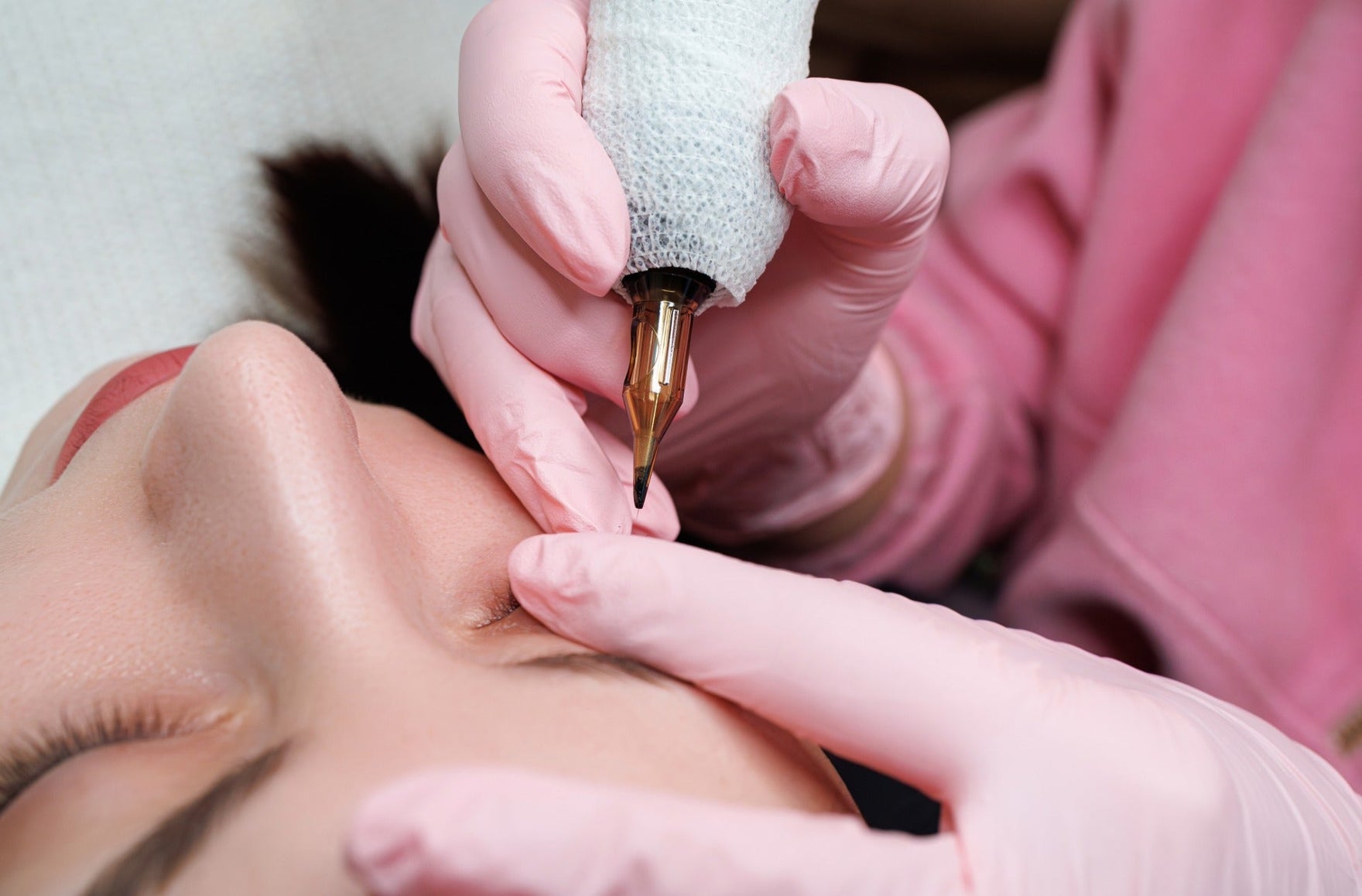When shopping for new tools or switching machines, one of the most common questions we hear is, “Are PMU cartridges interchangeable across machines?” It’s a fair question, especially for artists juggling various brands or exploring updated setups. Not every device works the same, and assuming cartridges fit all across the board can lead to frustrating surprises during a session.
To help prep for a smooth and safe experience, we’re breaking down where pmu cartridges can be freely swapped and where more caution is needed. Whether you're trying a new machine or building a reliable setup for fall clients, knowing what works together can save time, prevent errors, and protect your gear.
Understanding PMU Cartridge Design
PMU cartridges might look similar at first glance, but the internal details often make the difference. These tools hold the needle and control how it moves within the skin. While some cartridges are sold as “universal,” others are built for specific brands or machines only.
Key pieces come into play when figuring out if a cartridge will fit:
• Needle depth: Different machines push the needle out at various lengths. If the depth control doesn’t match, pigment delivery becomes harder to control.
• Membrane system: Some cartridges have a built-in membrane to stop pigment or ink from backflowing into the machine, while others don’t. That feature matters for both safety and hygiene.
• Cartridge housing: The plastic casing and shape of the base can affect how snugly it connects to the machine. A poor fit means the cartridge might wiggle or leak during use.
All of these design points help explain why two cartridges that “look the same” might perform very differently when clicked into a machine.
Machine Types and Their Compatibility Limits
PMU machines have their own layouts, especially when comparing pen-style rotary devices to other designs. Some machines are built with standard connections that welcome a range of cartridge brands. Others are much more specific, accepting only their own company’s cartridges.
Here's where trouble happens:
• Grips aren’t shaped the same across all machines. A cartridge that fits one grip might not lock into another, especially if the base is custom-shaped for that product line.
• Inside the machine, locking mechanisms or pressure points might be unique. If a cartridge doesn’t settle in just right, needle movement might suffer, or the tool might not work at all.
Understanding what type of machine you’re using helps narrow down what cartridge designs to shop for. Just because the cartridge clicks in doesn’t mean it was built for clean performance or long-term reliability.
Risks of Mixing Incompatible Cartridges and Machines
It might be tempting to test leftover cartridges with a newer machine, but guesswork isn’t the best approach. Using cartridges that aren’t made for the machine can cause more damage than we might expect.
Things that can go wrong include:
• Pigment blowout: Incompatible cartridges might not control pigment flow properly, which can push too much color into the skin or cause it to spread outside the design area.
• Machine damage: Without a secure fit, some cartridges allow pigment to leak into the machine body. That can lead to long-term wear or ruined motor parts.
• Inefficient results: Even if no damage happens right away, you may notice that lines sit unevenly or color doesn’t saturate like it should.
To avoid these issues, we always double-check machine specs before loading in a new cartridge. If there’s any uncertainty, it's better to pause and verify than risk flaws in the healed result, or worse, lose expensive equipment.
Tips for Choosing the Right Cartridges for Your Device
When checking if a PMU cartridge will fit a specific machine, we look for a few quick clues. Common packaging language like “universal fit” is a good signal, but we never rely on that alone.
Here are a few ways we sort out compatibility:
• Check the product box or brand website for a list of supported machines. This often clears up whether it's made for standard setups or something more custom.
• Look for images of the cartridge base. That shape tells you a lot about how the cartridge locks into place.
• If trying something new, load it into the machine without pigment first. This lets us test grip fit, pressure, and needle movement.
Mara Pro Shop’s PMU cartridges, featured on our Charlotte, North Carolina, service and product pages, are built with a universal membrane structure to fit most rotary and standard PMU machines. These cartridges are manufactured with medical-grade stainless steel needles and advanced membrane systems that help prevent backflow and protect your device.
Most artists run better sessions when their gear feels familiar. The more often we use the same cartridges and machines together, the easier it becomes to predict results and spot problems early. A trusted combination cuts down distractions and helps keep full focus on the client's skin and symmetry.
The Value of Choosing Compatible Tools
When we take the time to match the cartridge to the machine, everything works smoother. Sessions run more efficiently, results look cleaner, and clients walk away with better-healed color.
Whether you’re using one of Mara Pro Shop’s universal PMU cartridges or another trusted brand, confidence comes from knowing your tools are set up correctly for each session. Providers in both service environments and Mara PMU Academy training benefit from consistent, precise needle performance.
If you're building out your fall setup or switching to a new machine, having the right tools ready can make all the difference. We keep a tight selection of trusted products that work well with a range of machines, so you can focus on your technique instead of second-guessing your gear. To find compatible options that match your setup, take a look at our current styles of pmu cartridges. At Mara Pro Shop, we're here to help you find what fits. Feel free to contact us with any questions.

